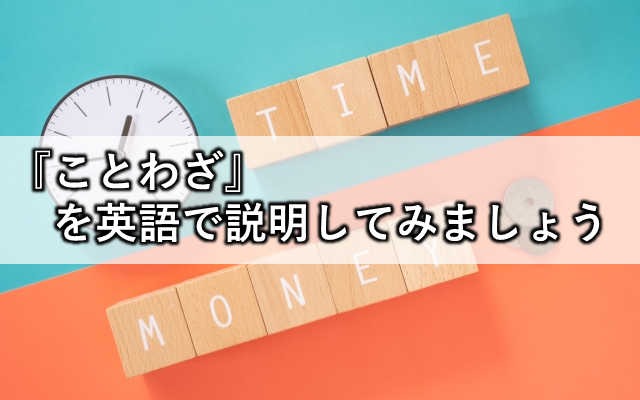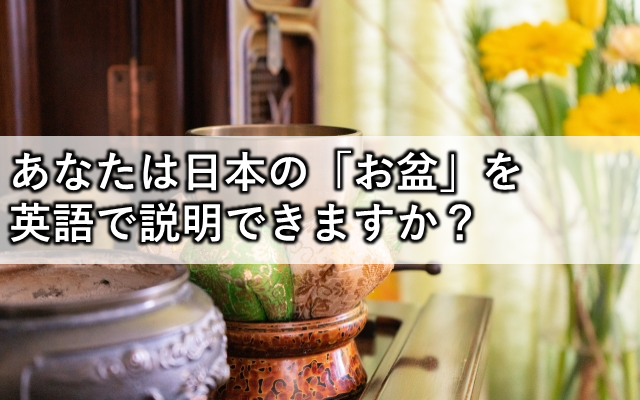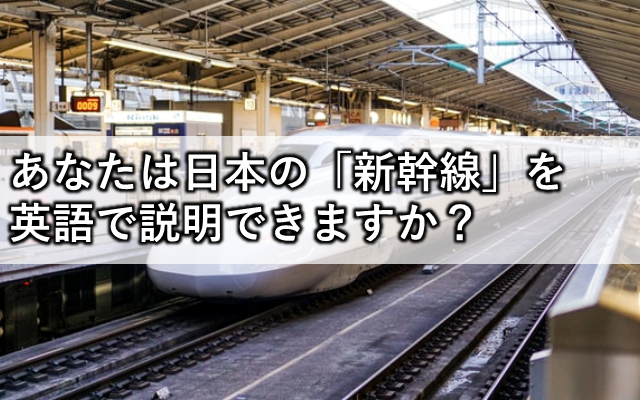使える表現
英語でニッポンをフカボリ! DID YOU KNOW…?『ことわざ』

ついつい誰かに話したくなってしまう日本のこと。
今回は日本の文化をフカボリ!
『ことわざ』を説明してみましょう。
まずはKey Words & Phrasesから。
テーマに関連する語句
proverb / saying(ことわざ)
wisdom(知恵・英知)
lesson(教訓)
A nail that sticks up gets hammered down(出る杭は打たれる)
Some things are better left unsaid(言わぬが花)
Seeing is believing(百聞は一見に如かず)
Time is money(時は金なり)
The grass is always greener on the other side of the fence(隣の芝生は青く見える)
一般的な語句
mirror(~を映す・映し出す)
associated with(~と関係している・紐づいた)
quite a few(かなりの数の・少なからず)
humble(謙虚な)
dilligent(勤勉な)
value harmony(和を重んじる)
in other words(つまり・言い換えれば)
forerunner(先人)
excel in(《学業や仕事などに》秀でている)
as a metaphor(比喩・例えとして)
続いて、今回のテーマに挑戦!
Did you know that there are a number of Japanese proverbs which mirror the character of Japanese citizens?
(日本の国民性を映し出していることわざが数多くあるって知ってましたか?)
・It is said that proverbs reflect the customs and beliefs of the culture.
・Actually, quite a few proverbs in Japan describe Japanese citizens’ characters, thoughts and feelings.
・Generally speaking, Japanese people are said to be humble, diligent and cautious. In addition to that, people in Japan value harmony and public image. Some of the Japanese proverbs well describe those characteristics.
・In other words, learning Japanese proverbs will help you understand Japanese society and the people, as well as receiving wisdom and lessons from the forerunners.
3 Questions for Digging Deeper! 《 もっと掘り下げてみよう! 》
What are the typical examples of unique proverbs in Japan?
(日本らしいことわざにはどんなものがあるの?)
Typical examples include sayings such as “a nail that sticks up gets hammered down” and “some things are left unsaid”.
The former example indicates that people who excel in things tend to become an object of jealousy, and this reflects Japanese mindset of respecting social groups rather than individuals.
The latter saying means that things tend to reduce their value once they are mentioned in words. This saying well describes the humbleness and modesty of Japanese people.
Conversely, are there any proverbs which are similar to ones in other countries?
(反対に、他国のことわざと似ているものはある?)
Some of the Japanese proverbs, such as “seeing is believing”, have the same meanings as the ones in other countries. Although the way of wordings are different in many cases, messages of sayings are equivalent.
What is more, there are some proverbs imported from overseas that are spoken and written. Famous examples are “time is money” and “the grass is always greener on the other side of the fence”, which are translated into Japanese and widely used.
Do people in Japan use proverbs in daily conversations?
(日常の会話でことわざって使うの?)
Some proverbs are often used in daily conversations to highlight messages or as a metaphor. On top of that, some of the proverbs are used casually in abbreviated forms. For example, a proverb “tanakara botamochi” which means “a success without an effort” is often quoted as “tanabota” to indicate something good happened unexpectedly.
Persistence pays off. Never give up!







